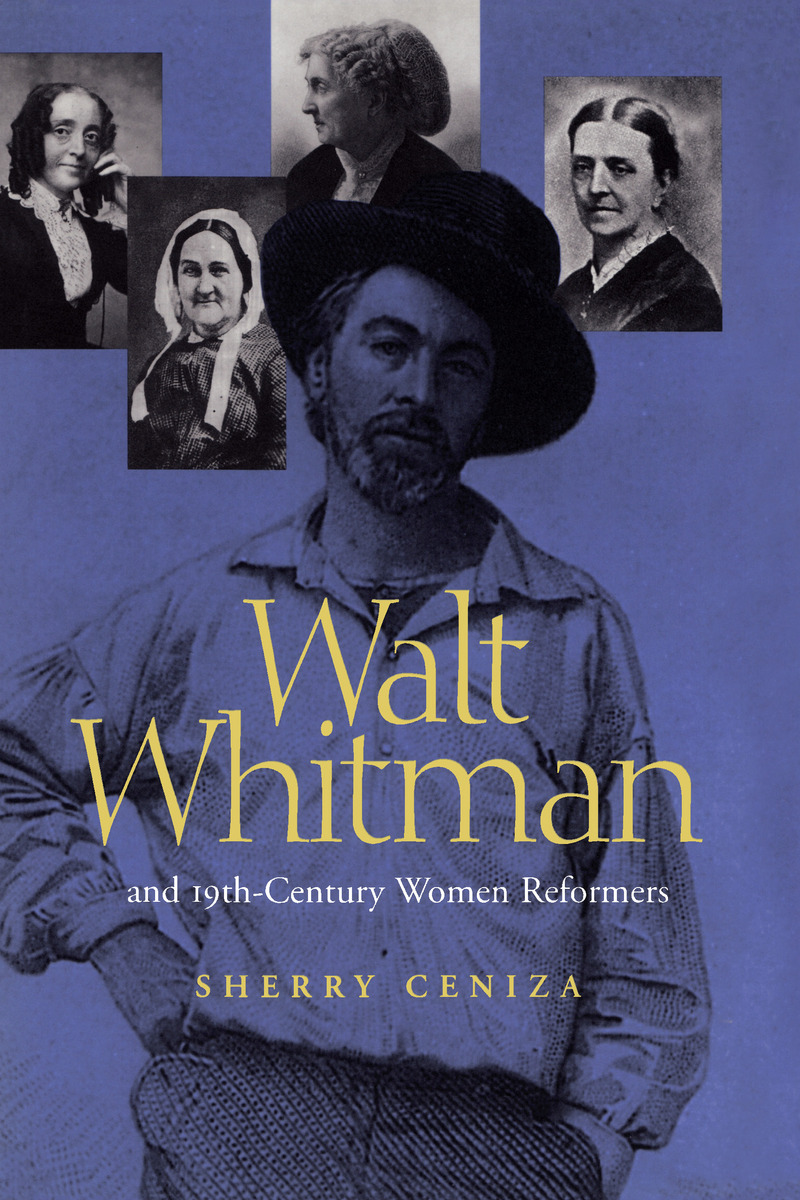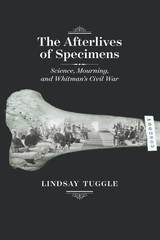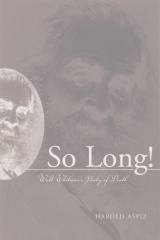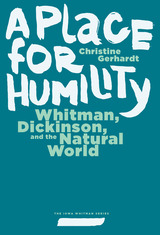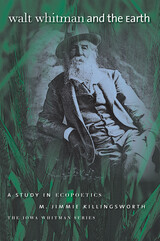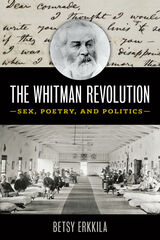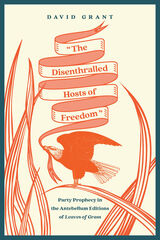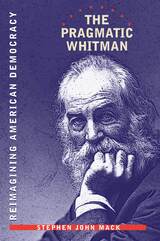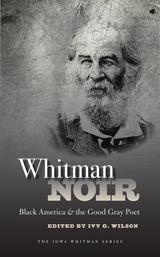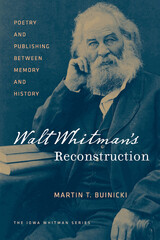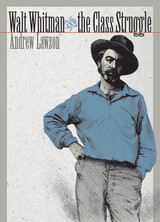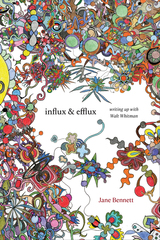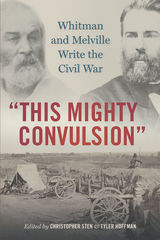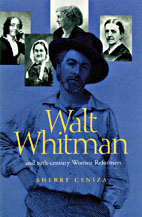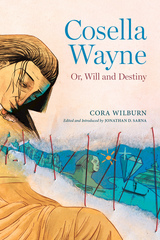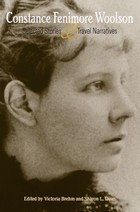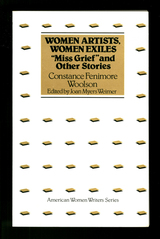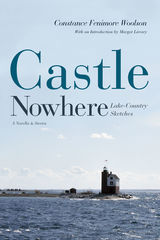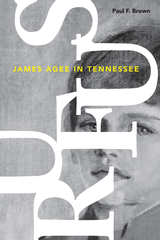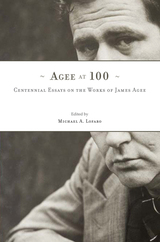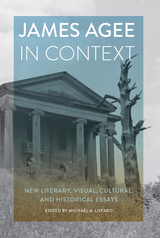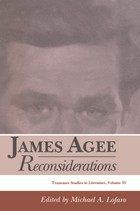Walt Whitman and Nineteenth-Century Women Reformers
University of Alabama Press, 1999
eISBN: 978-0-8173-8726-6 | Cloth: 978-0-8173-0893-3 | Paper: 978-0-8173-5753-5
Library of Congress Classification PS3242.W6C46 1998
Dewey Decimal Classification 811.3
eISBN: 978-0-8173-8726-6 | Cloth: 978-0-8173-0893-3 | Paper: 978-0-8173-5753-5
Library of Congress Classification PS3242.W6C46 1998
Dewey Decimal Classification 811.3
ABOUT THIS BOOK | AUTHOR BIOGRAPHY | REVIEWS | TOC
ABOUT THIS BOOK
Ceniza provides a dramatic rereading of Walt Whitman's poetry through the lens of 19th-century feminist culture.
Walt Whitman and 19th-Century Women Reformers documents Whitman's friendships with women during the 1850s, the decade of Whitman's most creative period. The book reveals startling connections between the first three editions of Leaves of Grass and the texts generated by the women he knew during this period, many of whom were radical activists in the women's rights movement.
Sherry Ceniza argues that Whitman's editions of Leaves became progressively more radically 'feminist' as he followed the women's rights movement during the 1850s and that he was influenced by what he called the 'true woman of the new aggressive type . . . woman under the new dispensation.' Ceniza documents the progression of the National Woman's Rights movement through the lives and writings of three of its leaders- Abby Hills Price, Paulina Wright Davis, and Ernestine L. Rose. By juxtaposing the texts written by these women with Leaves, Ceniza shows that Whitman used many of the same arguments and rhetorical gestures as his female activist friends.
Sherry Ceniza argues that Whitman's editions of Leaves became progressively more radically 'feminist' as he followed the women's rights movement during the 1850s and that he was influenced by what he called the 'true woman of the new aggressive type . . . woman under the new dispensation.' Ceniza documents the progression of the National Woman's Rights movement through the lives and writings of three of its leaders- Abby Hills Price, Paulina Wright Davis, and Ernestine L. Rose. By juxtaposing the texts written by these women with Leaves, Ceniza shows that Whitman used many of the same arguments and rhetorical gestures as his female activist friends.
The book also discusses the influence of women engaged in women's rights outside the National Woman's Rights organization. And Ceniza's opening chapter is devoted to a fresh interpretation of the life and thought of another strong-minded woman who influenced the poet's writing-Louisa Van Velsor Whitman, Walt Whitman's mother.
See other books on: 1819-1892 | Feminist | Friends and associates | Whitman, Walt | Women in literature
See other titles from University of Alabama Press
